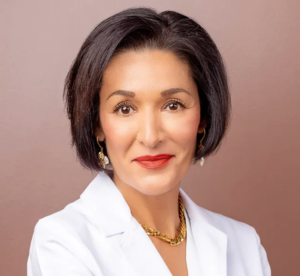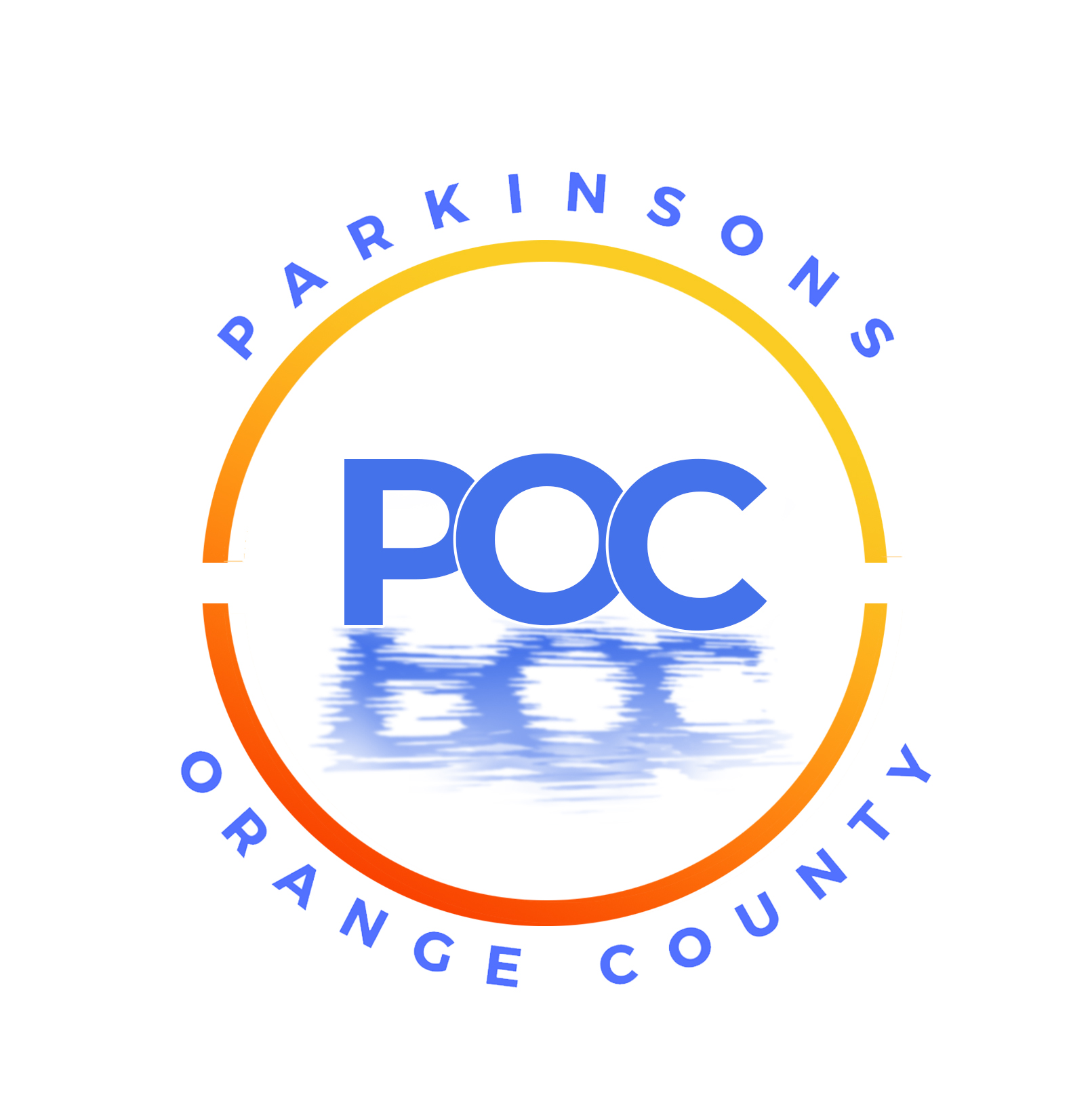 As a young student entering my freshman year with the ultimate goal of becoming a doctor, I never imagined that my first experience with medicine would involve my father. Afghanistan was invaded by Russia in 1979, forcing my family to flee the country. We first escaped to Germany and eventually made our way to the United States. The resettlement had one caveat, the family was forbidden to leave unless one member of the family remained behind as an assurance that the remainder of the family would return. My father remained in Afghanistan while the remainder of his family, my mother, older brother, younger sister and of course myself, fled and settled in Germany. After two painfully long years without our father, he finally was able to escape and join our family in Germany. When looking back, this is when my mother recalls the beginning of declining health changes in my father. The more we reflect, it does seem a majority of these initial subtle signs were ignored and ascribed to stressful life circumstances. Our family found ourselves repeating history. My father remained in Germany while the remainder of his family relocated to Indianapolis, Indiana. After two painfully long years awaiting legal entrance into the United States, my father finally rejoined his family. Upon first encounter with my beloved father, we all knew something had changed. The bright spirit within him had dimmed. He no longer was the life of the party! That sums up my father’s personality in one sentence. His pace became noticeably sluggish. Previously simple tasks became an obvious challenge. He became quiet, reserving his speech for the necessary moments. I recall his apparent change in gait came paired with a newly developed expressionless face. We continued making excuses and attributing these symptoms to his time spent apart from his entire family for almost four years.
As a young student entering my freshman year with the ultimate goal of becoming a doctor, I never imagined that my first experience with medicine would involve my father. Afghanistan was invaded by Russia in 1979, forcing my family to flee the country. We first escaped to Germany and eventually made our way to the United States. The resettlement had one caveat, the family was forbidden to leave unless one member of the family remained behind as an assurance that the remainder of the family would return. My father remained in Afghanistan while the remainder of his family, my mother, older brother, younger sister and of course myself, fled and settled in Germany. After two painfully long years without our father, he finally was able to escape and join our family in Germany. When looking back, this is when my mother recalls the beginning of declining health changes in my father. The more we reflect, it does seem a majority of these initial subtle signs were ignored and ascribed to stressful life circumstances. Our family found ourselves repeating history. My father remained in Germany while the remainder of his family relocated to Indianapolis, Indiana. After two painfully long years awaiting legal entrance into the United States, my father finally rejoined his family. Upon first encounter with my beloved father, we all knew something had changed. The bright spirit within him had dimmed. He no longer was the life of the party! That sums up my father’s personality in one sentence. His pace became noticeably sluggish. Previously simple tasks became an obvious challenge. He became quiet, reserving his speech for the necessary moments. I recall his apparent change in gait came paired with a newly developed expressionless face. We continued making excuses and attributing these symptoms to his time spent apart from his entire family for almost four years.I believe it is worth mentioning that during my father's time in Afghanistan, bombs landed in close vicinity to where he was residing with my uncle. He mentioned the possibility of their exposure to these toxic gases. Of note, there was no genetic history of neurological diseases tied to my fathers family tree. However, not long after my father's symptoms developed, my uncle was diagnosed with a rare demyelinating disease. He quickly found himself wheelchair bound. Even after searching for answers from the best health care professionals across Europe as well as at Johns Hopkins, my uncle passed away without a diagnosis.
The subtle symptoms that slowly built up were now telling a much bigger story. It was time to seek medical advice for my fathers now rapidly progressing health decline. He was diagnosed with Parkinsons in Indiana. The top neurologists educated our family that the disease would progressively worsen with limited treatment options. Conventional medications were attempted. However, as feared, my father's symptoms rapidly progressed.
We sought 2nd and 3rd opinions without any new diagnosis or treatment but the cogwheel rigidity, shuffled gait and constant tearing continued. I was not convinced this was Parkinson’s. I reached out to Mayo Clinic in Minnesota searching for more answers and hopefully a better diagnosis. Call it stubbornness or just a hunch, but after months of waiting and a week of evaluations, my father was diagnosed with progressive supranuclear palsy. This is a much more aggressive form of a degenerative brain disease that is very rare. It is difficult to diagnose as it mimics other neurodegenerative diseases such as Parkinson’s. Unfortunately, very little treatment was available. We continued to watch my fathers deterioration. Ultimately, we lost him to a heart attack peacefully while sleeping. This experience taught me that no symptom is too subtle. Many neurodegenerative diseases begin with little changes and it is up to each and every one of us to pay attention to our loved ones. If we can try and manage these symptoms early, we can do our part in improving the quality of life.
Dr. Salma Aziz DPM, MS is a podiatrist and the owner of the Foot and Ankle Specialty Group in Orange County.
Her certifications include:
Diplomate, American Board of Podiatric Surgery 09’ Fellow, American College of Foot and Ankle Surgeons 09´. American Board of Podiatric Surgery Degree

